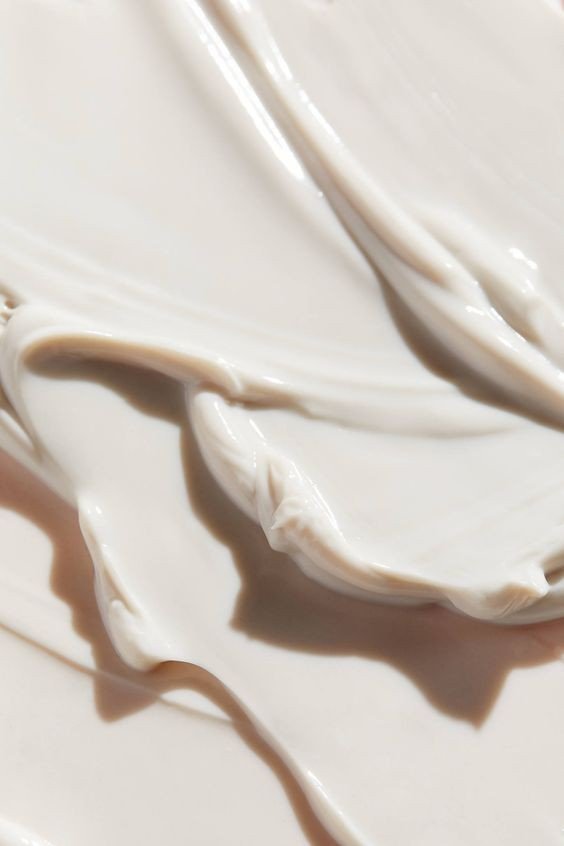
Hydrate, Protect & Nourish Your Dry Skin This Winter
The Skin
Did you know? Skin is an organ, most importantly skin is the largest organ of the human body. The three main layers of the skin are-
- Epidermis- this is the outermost layer and within the sub-layers of this new skin cells are formed.
- Dermis- providing structural support to the skin, this layer consists of glands, hair follicles, blood vessels and nerves.
- Hypodermis- being composed of adipose(fat) and connective tissues this layer contributes to the regulation of body temperature and providing insulation.
The Dermis layer provides is the protective layer of the skin. The thin outer surface of this layer, the one which is visible to our naked eyes is called Stratum corneum, as know as the skin barrier of our skin.
Skin vs Winter Season
Skin cells goes through osmosis. Osmosis refers to the movement of water molecules through a semi-permeable membrane(cell membrane). The water molecules move from a region of high water potential to a region of low water potential.
In winter,the cold and dry weather has a great impact on skin cells through osmotic processes. The water content inside our cells are much more than the surrounding condition of our skin. Since the movement water molecules is always from a region of higher to lower concentration therefore as osmosis takes place the water from inside our skin cells( higher concentration of water) moves towards to the dry atmosphere(lower concentration of water) making the skin to loose it’s moisture.
Unleashing the skin hero for Winter protection……
Moisturizer
To counteract this process of Osmosis usage of moisturizers hydrating products, humectants are crucially important to prevent water loss from skin, and to retain skin’s moisture which in turn will make our skin nourish,look supple and feel soft.
8 Budget Friendly Moisturizers for Dry Skin this Winter
1. Dot & Key Ceramides Moisturizer with Hyaluronic for Intense Moisturizing and Skin Strengthening | With Probiotic & Rice Water I Barrier Repair Cream | For Dry Skin, Normal Skin & Sensitive Skin
2. Cetaphil Moisturising Cream for Face & Body , Dry to Normal skin
3.NIVEA Soft Light Moisturizer, for Face, Hand & Body, Non-Greasy Cream with Vitamin E & Jojoba Oil for Instant Hydration

4. Minimalist 0.3% Ceramide Face Moisturizer For Barrier Repair & Deep Moisturization | Daily Repairing Face Moisturizing Cream For Normal – Dry Skin
5.RE’EQUIL Ceramide & Hyaluronic Acid Moisturiser | Fragrance Free Moisturizer For Face | Long Lasting Hydration | Suitable For Normal To Dry Skin |
6. Venusia Max Intensive Moisturizing Cream For Dry Skin To Very Dry Skin
7. Bioderma Atoderm Creme Ultra-Nourishing – Moisturizer For Normal To Sensitive Dry Skin
8. CeraVe Moisturizing Cream For Dry To Very Dry Skin With Ceramides & Hyaluronic Acid – Tube
Conclusion
Why using a Moisturizer according to your skin type is so important?
A moisturizer is a cosmetic product which is formulated to prevent dehydration of the skin, forming a protective layer and often include components like humectants, emollients and occlusives to enhance their effectiveness.
All skin types,need a moisturizer. Specially people with oily skin type has a tendency to skip moisturizer, by doing so your are harming your skin barrier as moisturizer is the fundamental and most crucial part of your skincare routine.
If you use the right type of moisturizer according to your skin’s need then one provides all these six key elements to his skin
- Epidermal hydration
- Maintaining a strong skin barrier
- Promote Anti ageing to the skin
- Soothes and calms skin by reducing inflammation and redness
- Controls oil balance of the skin
- Prevent skin issues like eczema or acne which is caused due to dehydration.
Apart from usage of moisturizer drinking enough water throughout the day is always the first step towards a healthy skin.
People Also Ask For
What is a moisturizer used for?
All moisturizers help with dry skin for a pretty simple reason: they supply a little bit of water to the skin and contain a greasy substance that holds it in. https://www.health.harvard.edu/staying-healthy/moisturizers-do-they-work
Which moisturizer do most dermatologists recommend?










